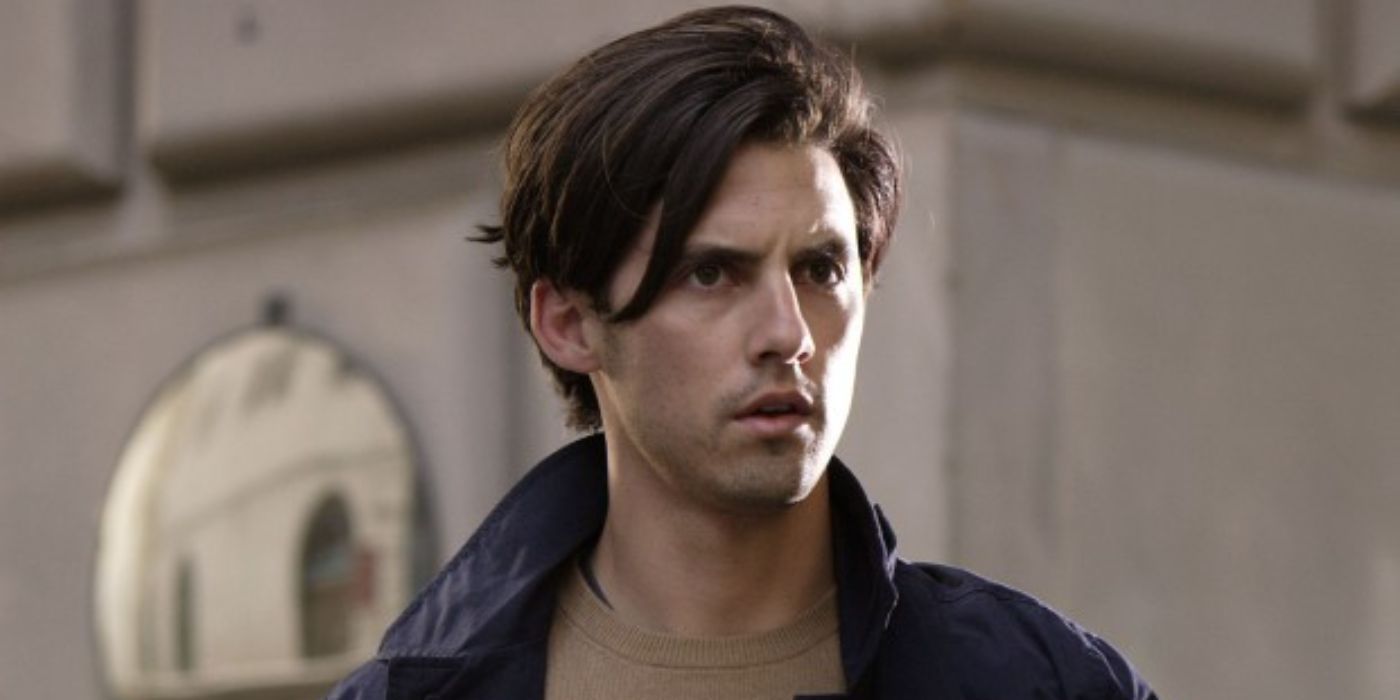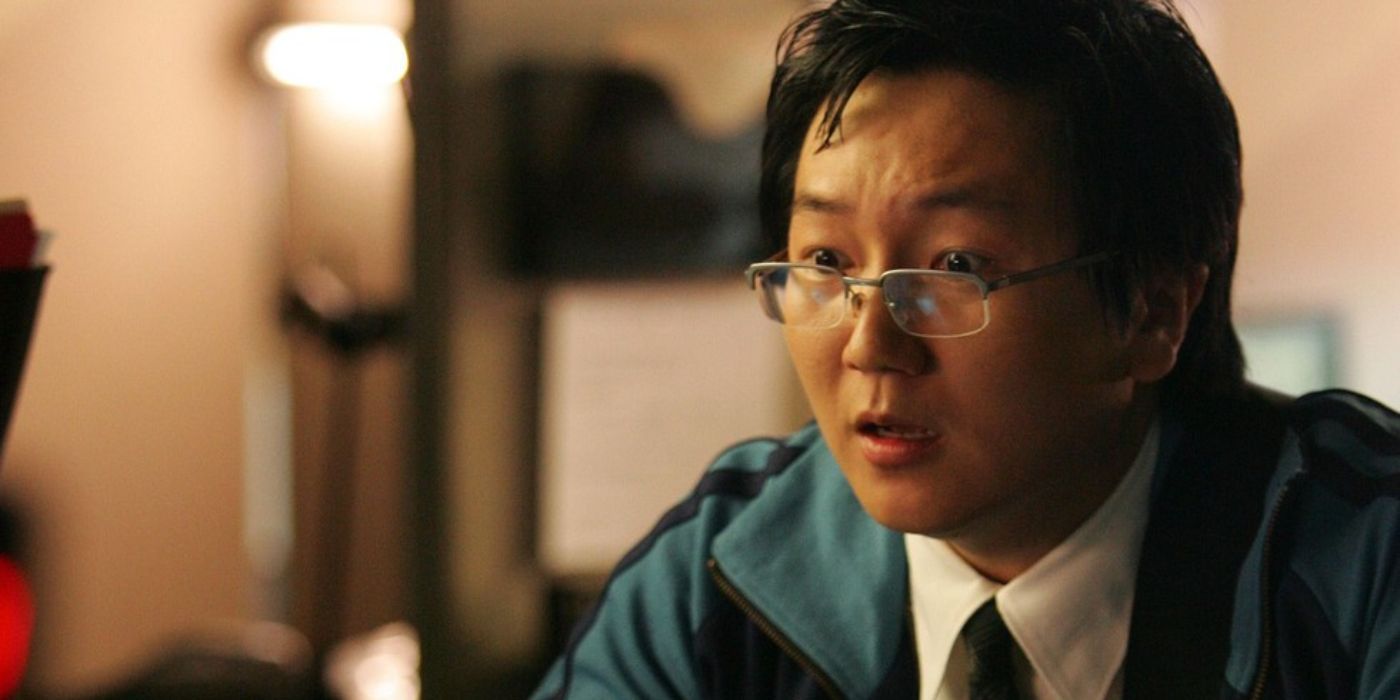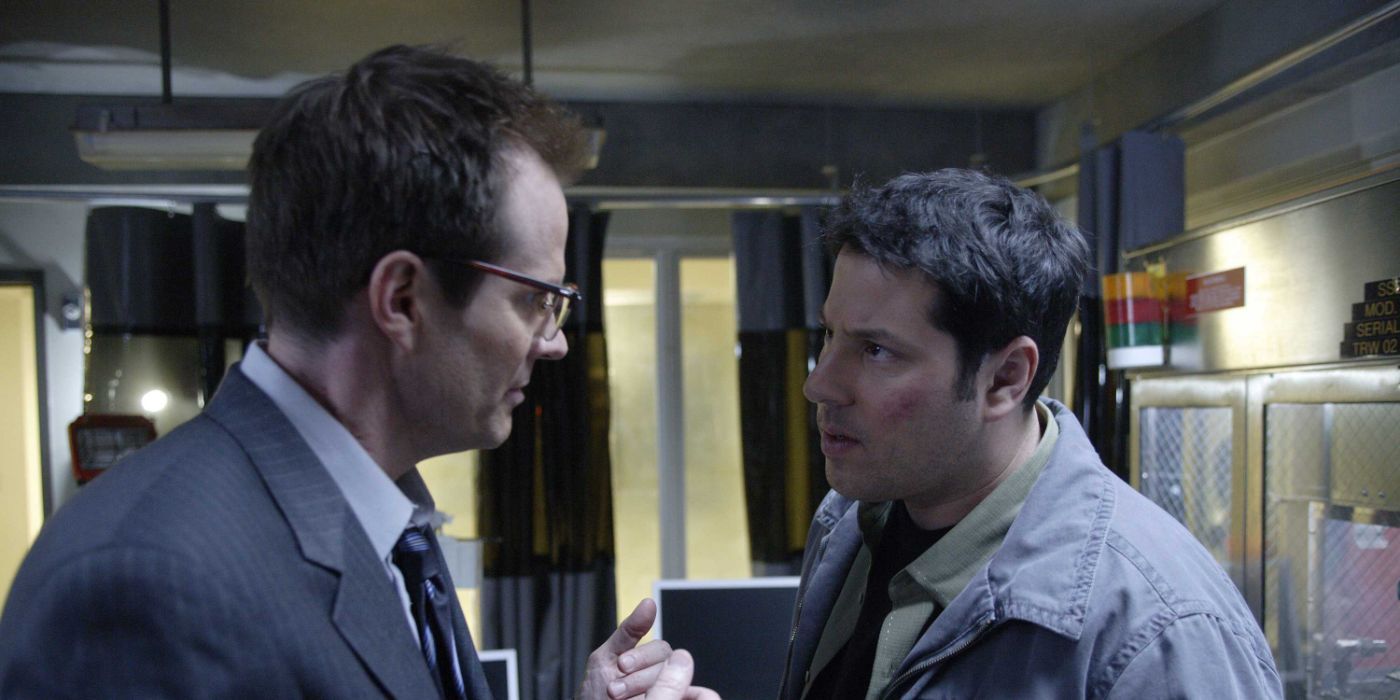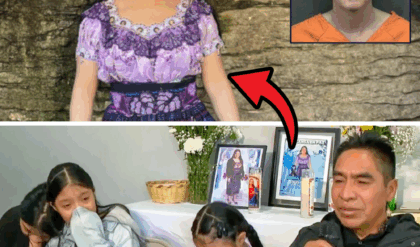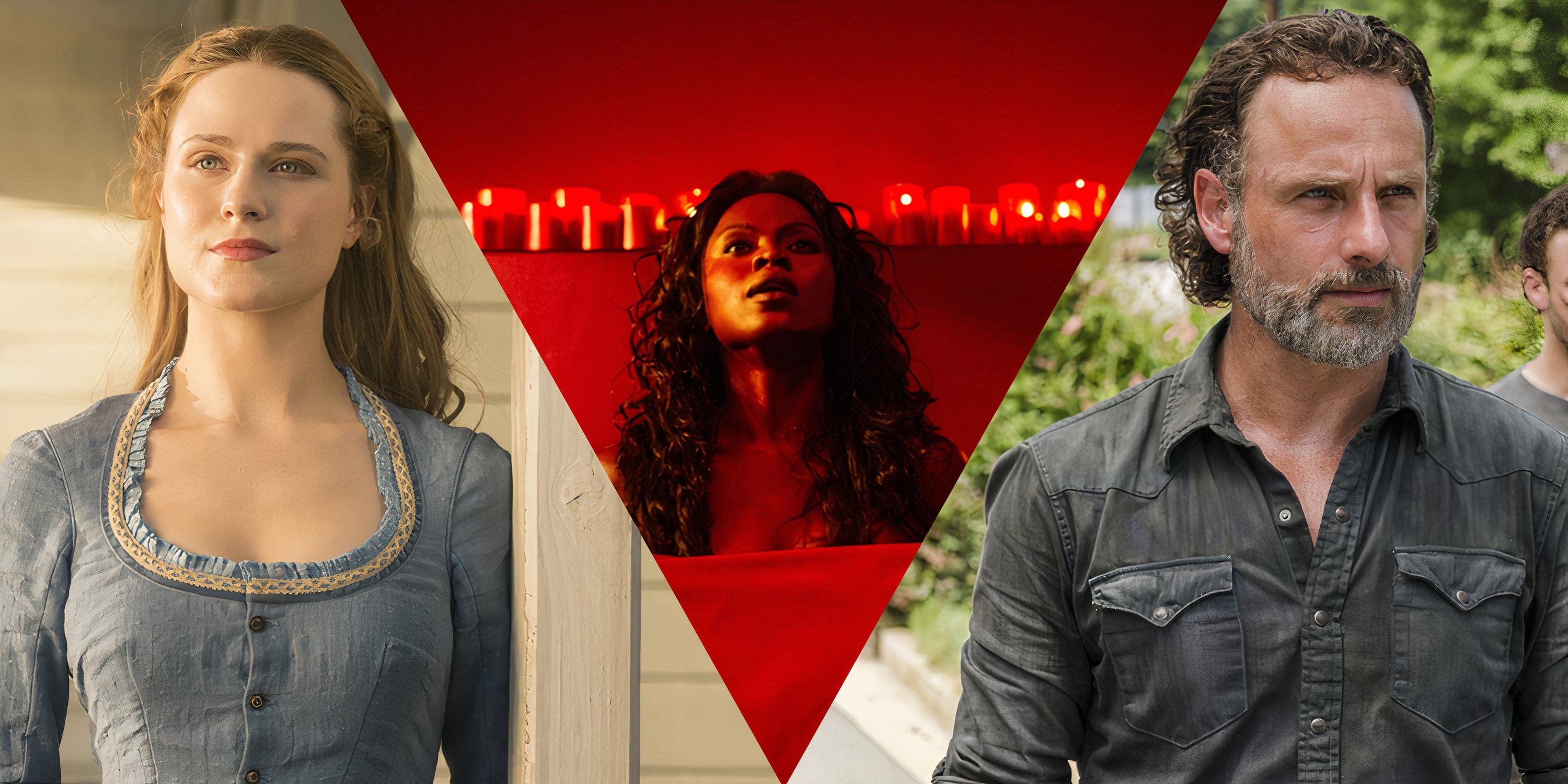
Whether dealing with changes in the plot, mishandled narrative execution or issues outside of the show’s control, several TV dramas have delivered a strong television experience for audiences that emphasized great potential, only to then significantly drop in quality. Moreover, many of these shows’ prolonged tenure drew the ire of dedicated fans who felt disappointed by a lack of cohesion, as well as grew tiresome with the ill-conceived narratives at hand.
10 The Walking Dead Dipped in Quality Over Time
The Show Was Never the Same After Its Tremendous Start
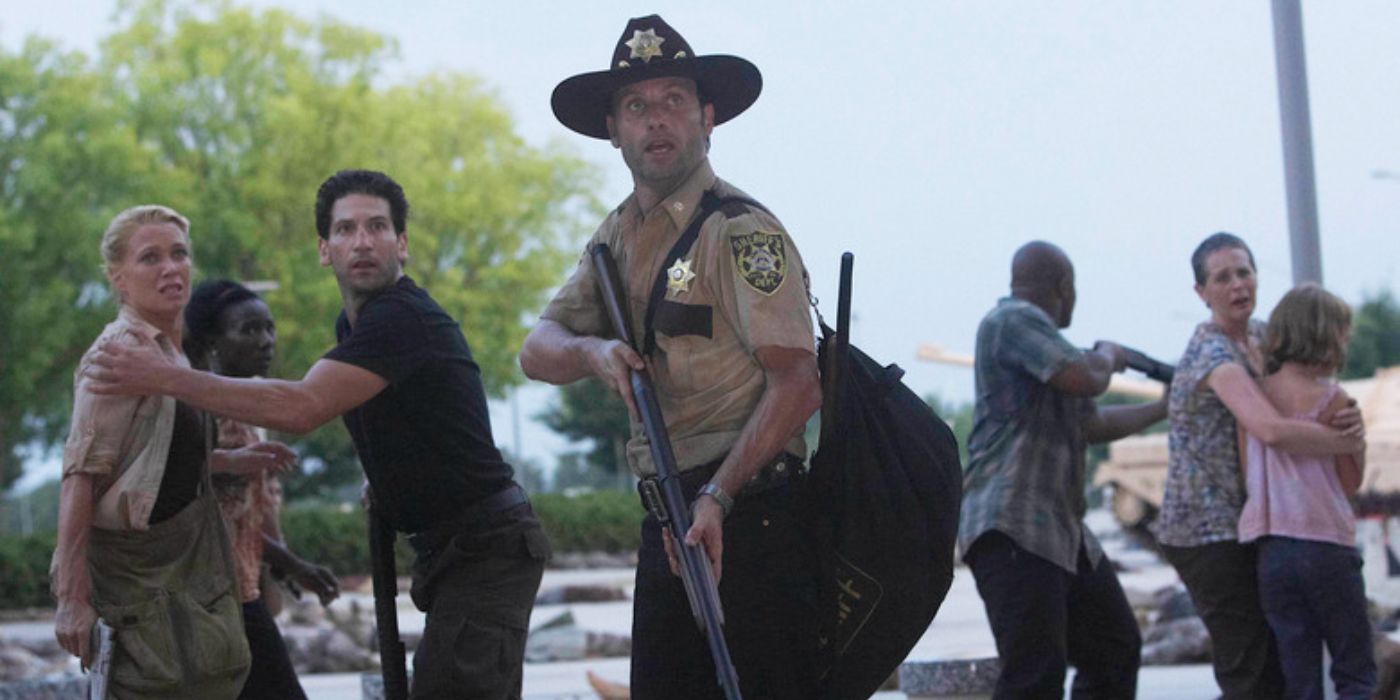
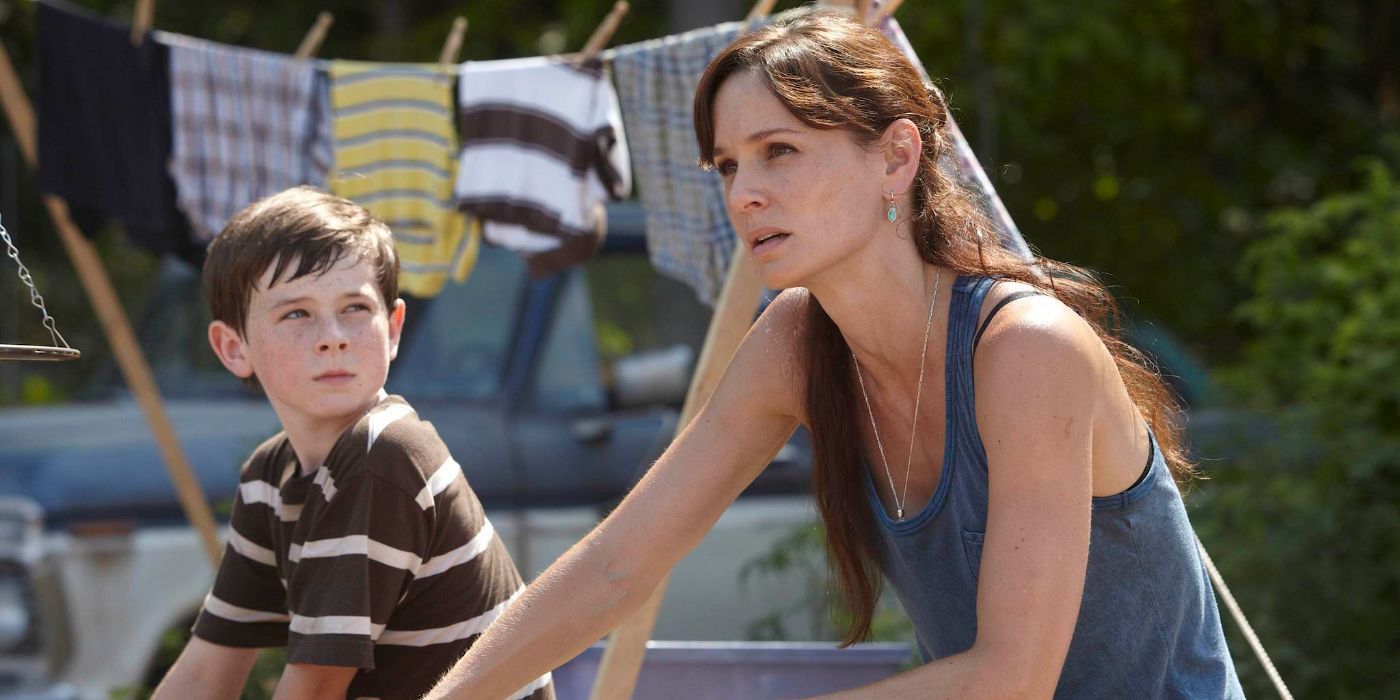
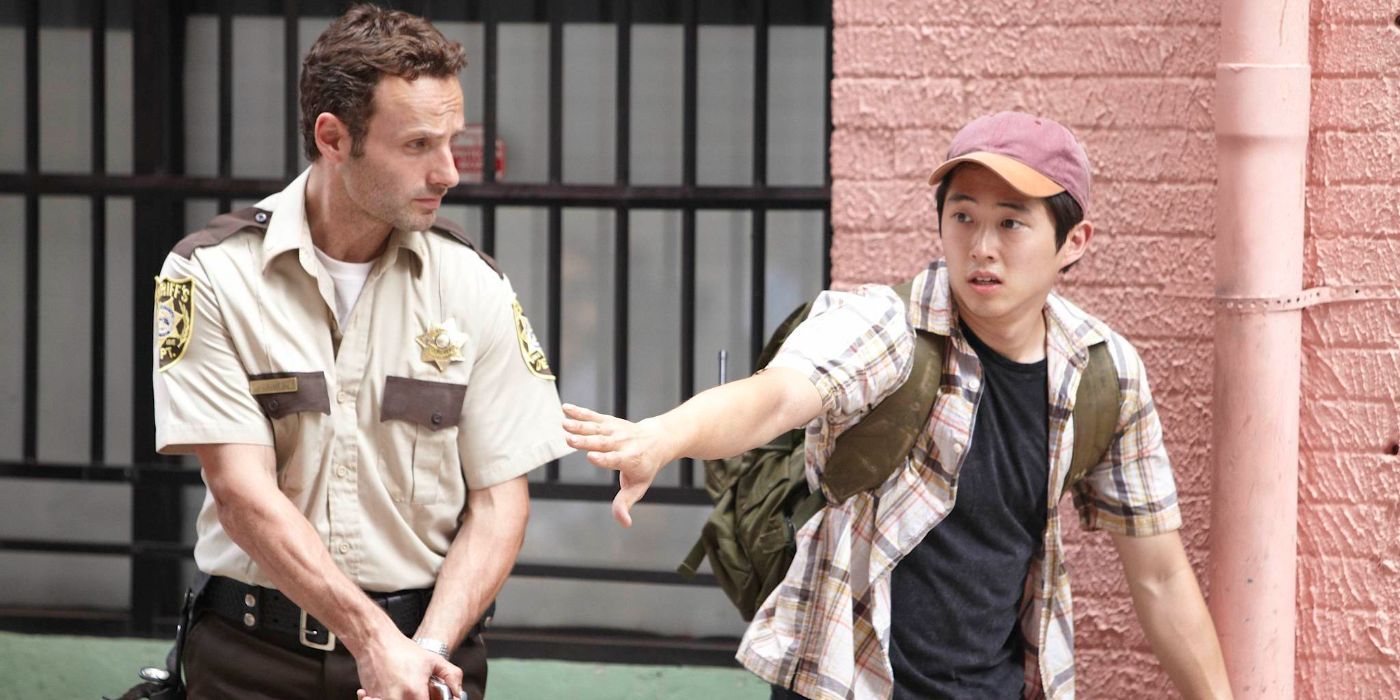
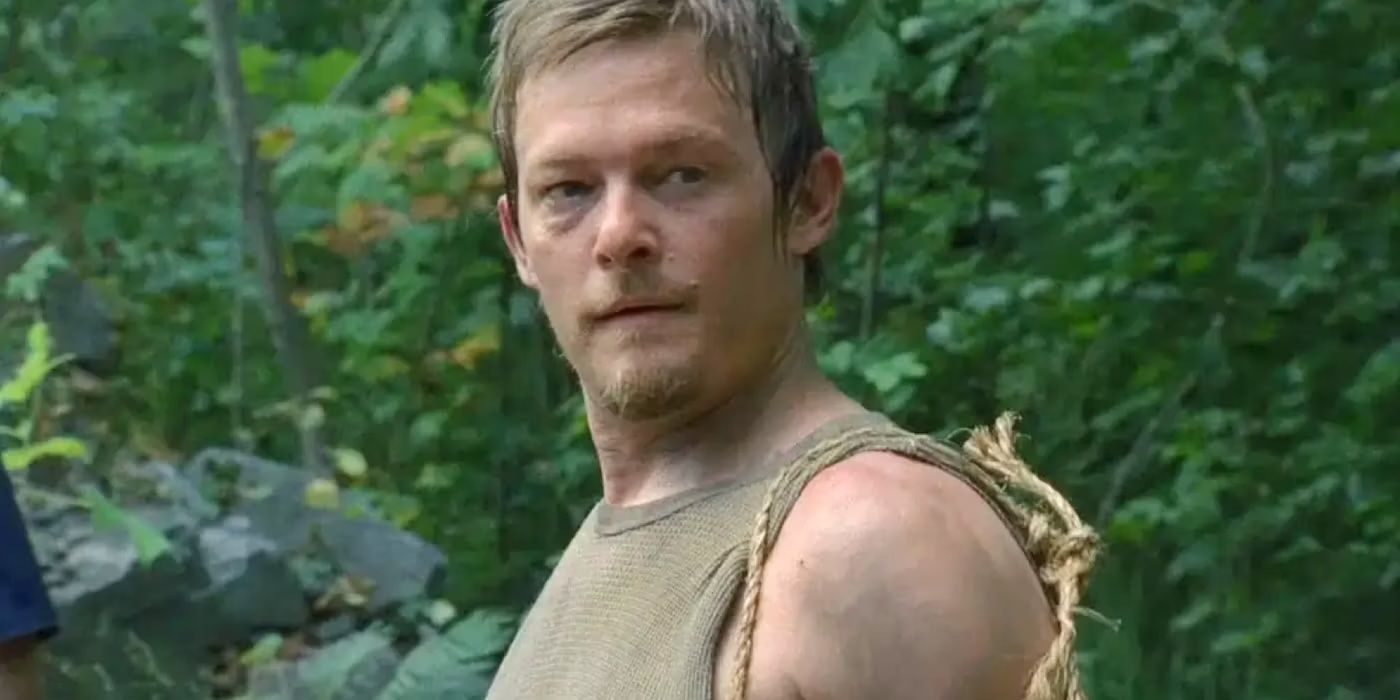




The initial Darabont era made The Walking Dead feel grounded while still operating within a genre-heavy format and each episode elevated the story rather than just serving as filler. Moreover, the show’s eventual turn into prolonged comic book storytelling may have delighted some fans, though it essentially brought the program from a prestige quality into another run-of-the-mill horror series that ran past its due.
9Dexter Dragged on Longer Than It Should’ve
A Solid Idea Got Lost in Execution

Adapted from the novels by Jeff Lindsay, the Showtime crime drama Dexter introduced viewers to a crime scene analyst living a double life as a vigilante serial killer and, during the show’s early run, produced memorable moments that enticed audiences. However, despite having a performer like Michael C. Hall who perfectly embodies the character, the series highlighted an engaging concept that unfortunately lost its footing.
8House of Cards Lost All of Its Credibility
The Magic of the Show Faded Away
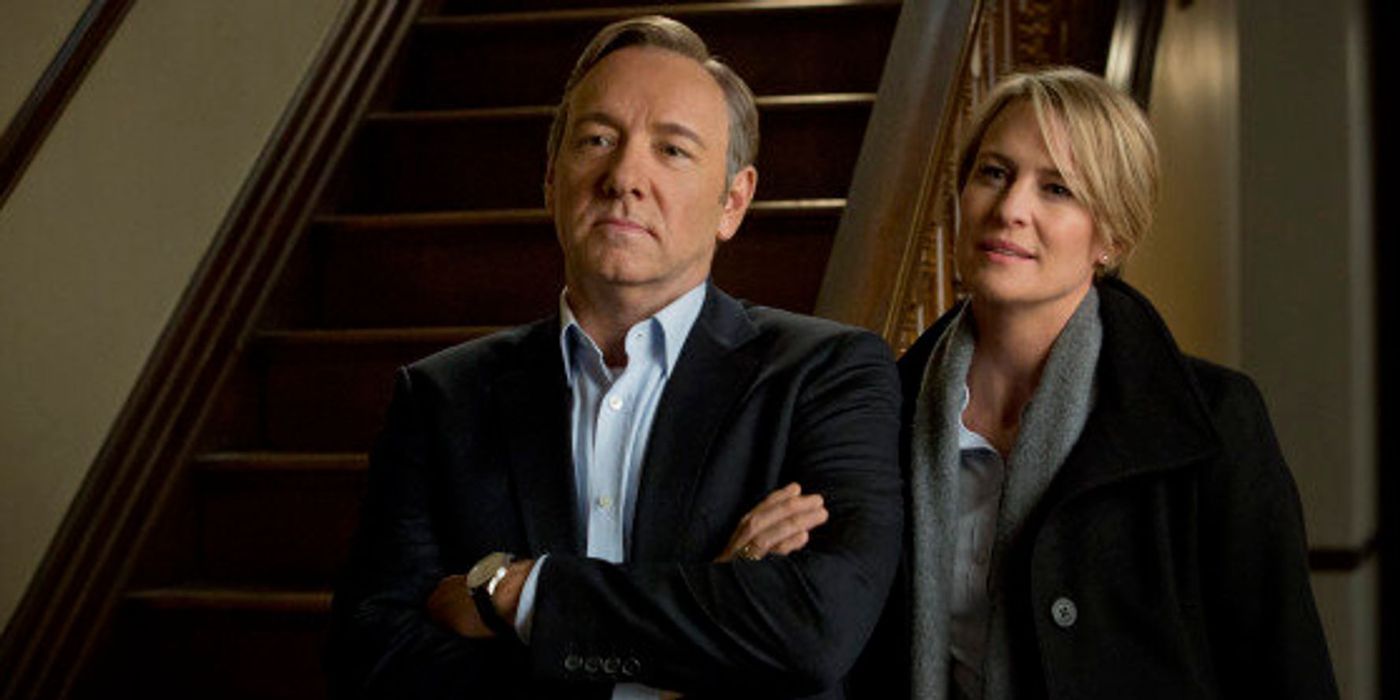
Taken from the novel by Michael Dobbs, Netflix’s political thriller House of Cards displayed a decline that emphasized how fundamental character development is for a television series, where the process of want vs. need ultimately hurts the audience. When the show began with a strong opening arc, House of Cards’ lead character Frank Underwood vied for the position of President of the United States and upon achieving his goal, the series had no real bite left to it, especially after its first season.
7Westworld Became Too Convoluted for Its Own Good
Big Concepts and Poor Delivery Hurt the Series
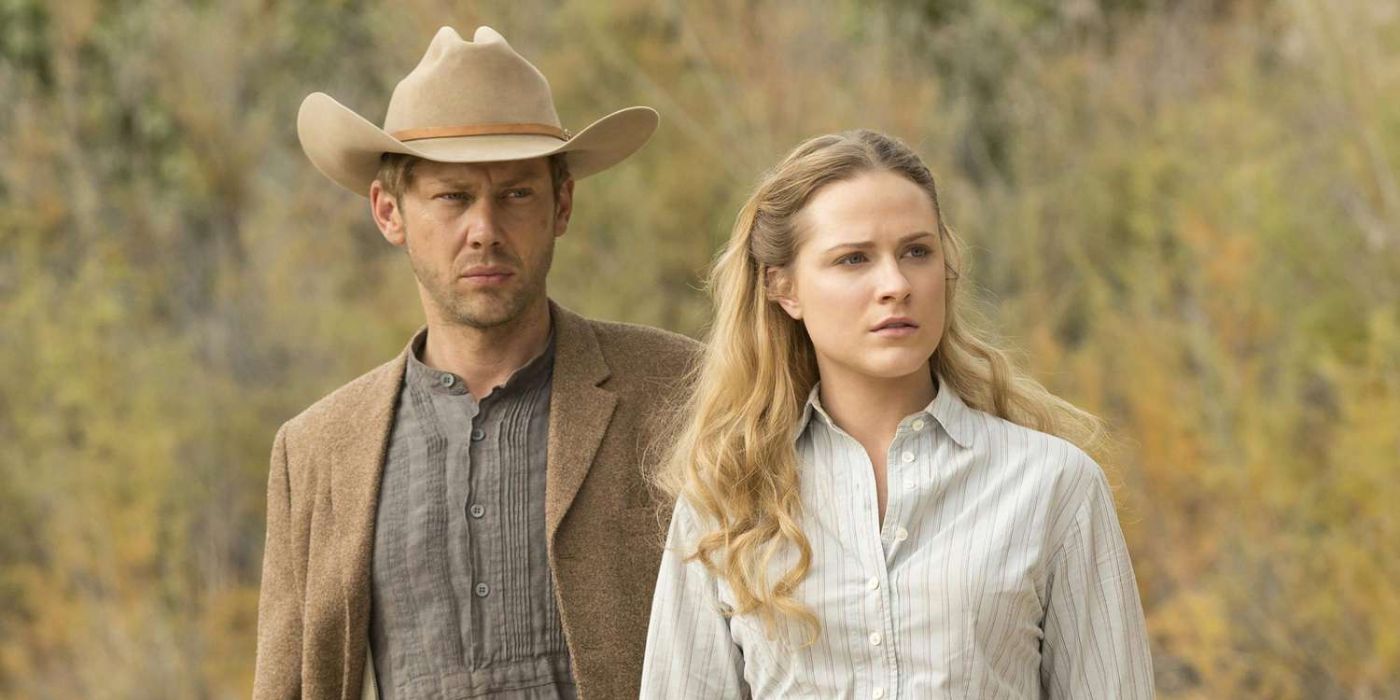
What worked best about Westworld was the interesting philosophical elements, effective action and the cast’s ensemble chemistry. Unfortunately, the series became a parody of itself and tried to handle several storylines that were unsatisfying or too vague to understand. Over time, the basic premise of androids breaking free from slavery within a theme park eventually turned into a battle for dominance of planet Earth, which took the fun away from the series’ initial start.
6Empire Ran Out of Material to Hook Audiences
A Great Premise Turned Into a Soap Opera
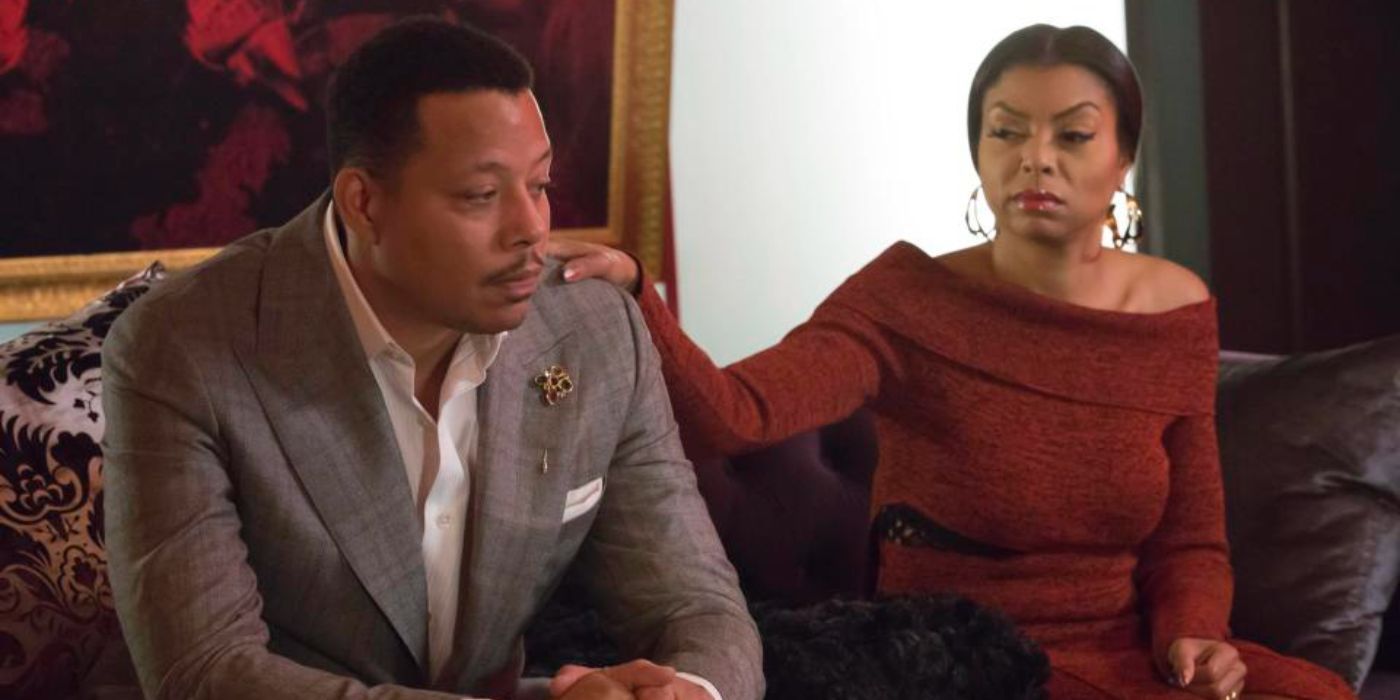
Initially serving as a fresh take on a musical series, the Fox music drama Empire engaged viewers with the show’s strong soundtrack, stylized production & costume design and the overall acting of the ensemble cast, though definitively lost its way following the first season. Although its initial combination Shakespearian themes and hip-hop culture was enjoyable, Empire eventually got too muddled. With too many narrative threads and overly complicated melodrama, the show turned into a typical television soap.
5The Umbrella Academy Went Style Over Substance
A Unique Superhero Show Turned Too Chaotic
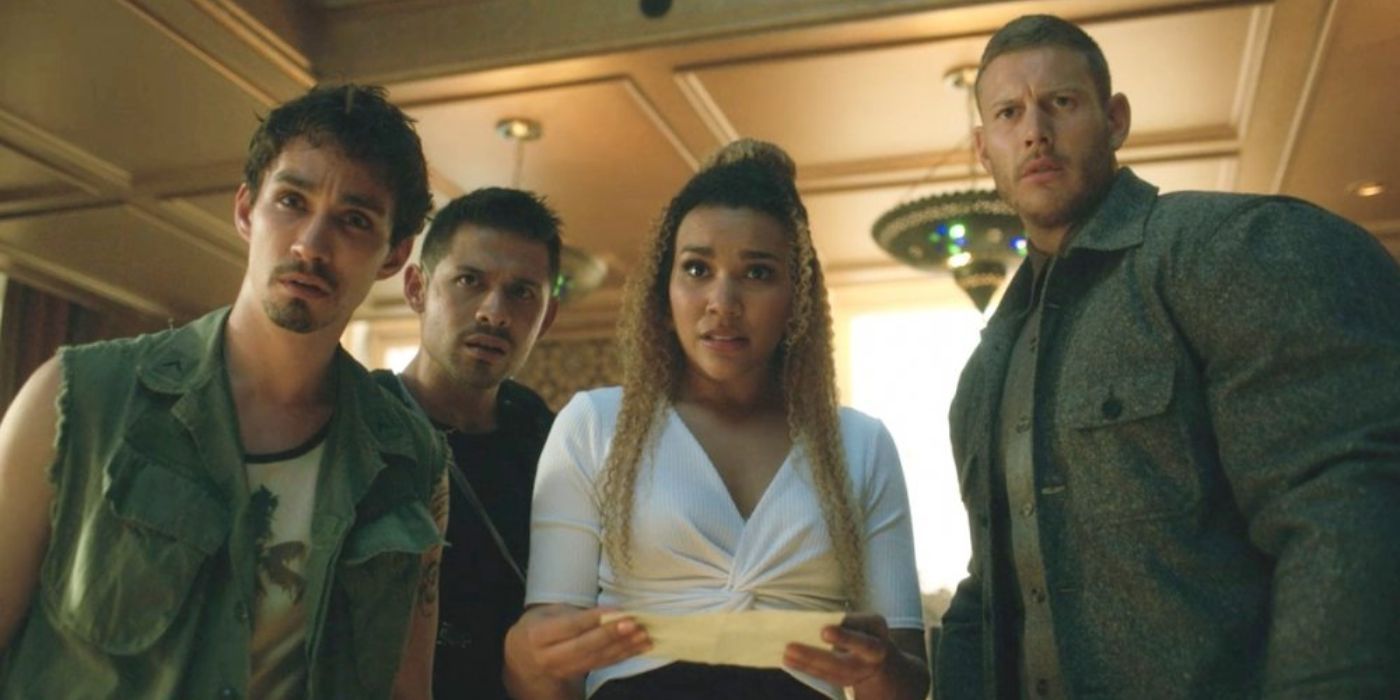
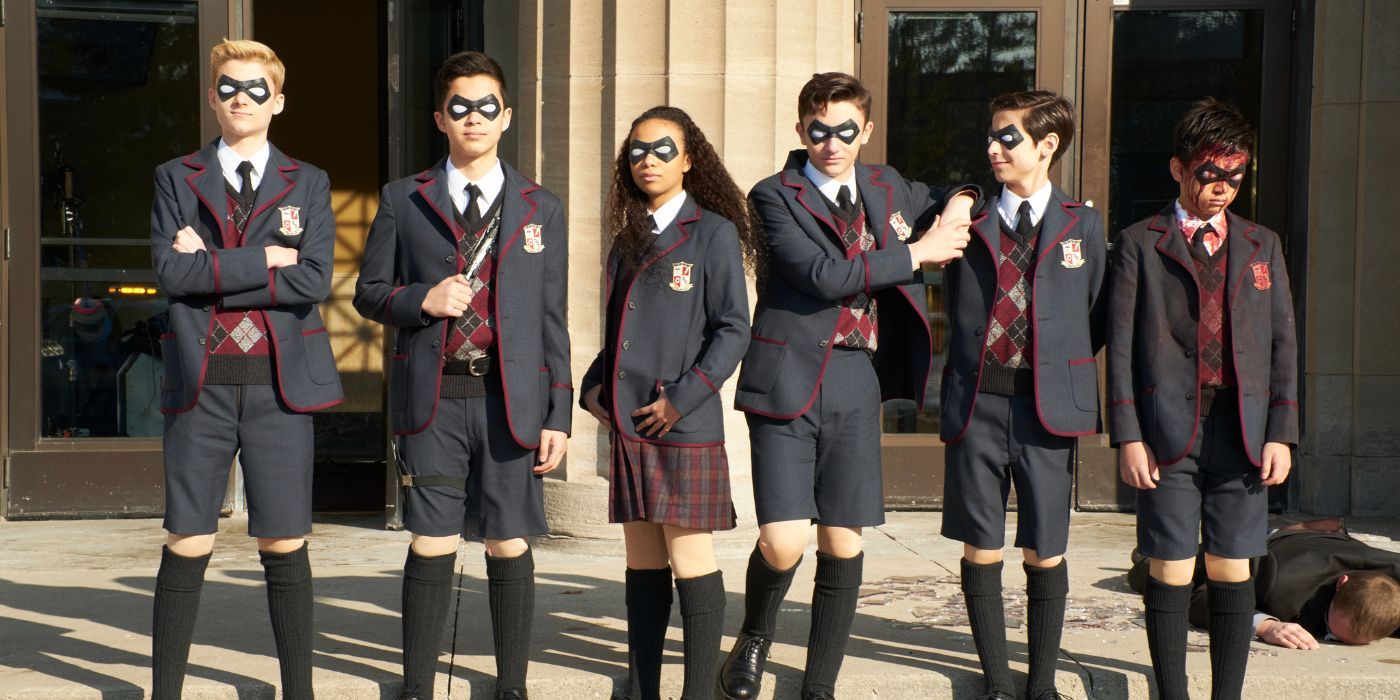
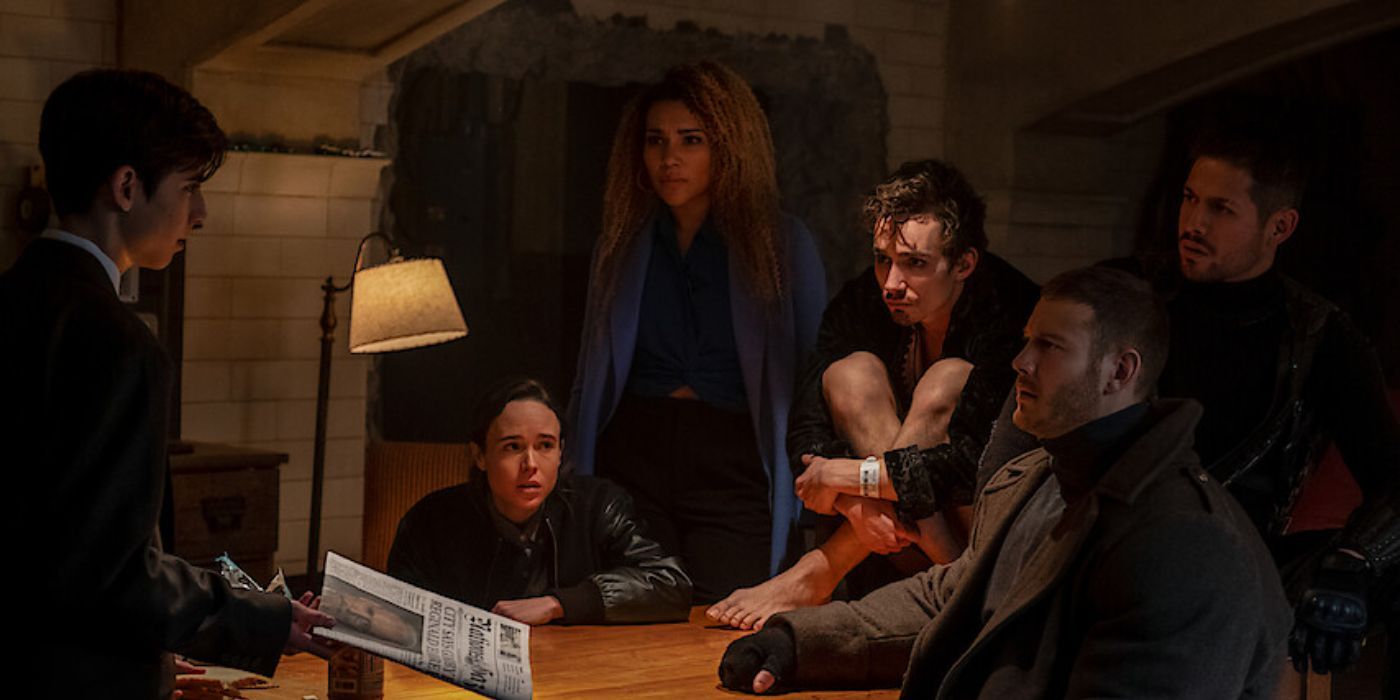
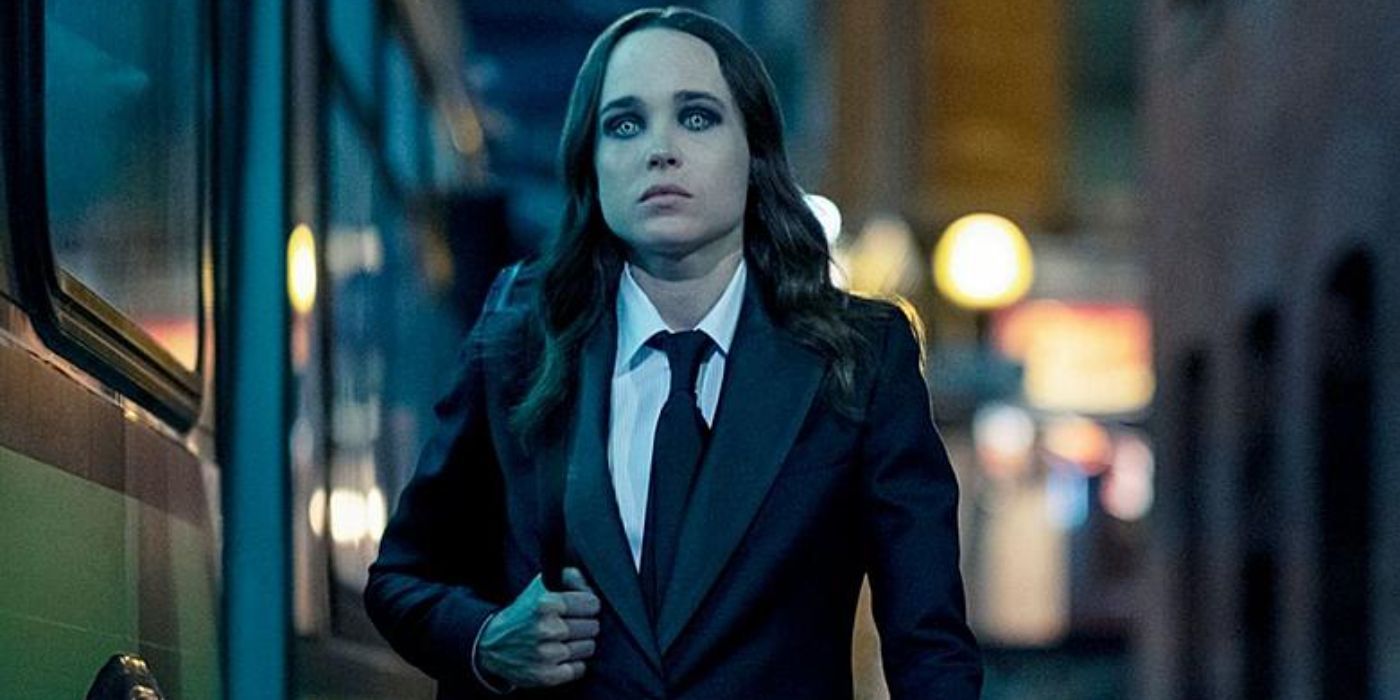




As The Umbrella Academy primarily centered on a group of siblings trying to piece together a conspiracy, while also healing from trauma, the series’ narrative momentum promised big climactic events and delivered stylized action set-pieces along the way. However, by heavily leaning on the chaotic elements within the narrative, the show forgot to keep the personal and intimate moments worthwhile for the audience.
4American Gods Just Couldn’t Stick the Landing
Continuous Changes Caused an Unfocused Show Development
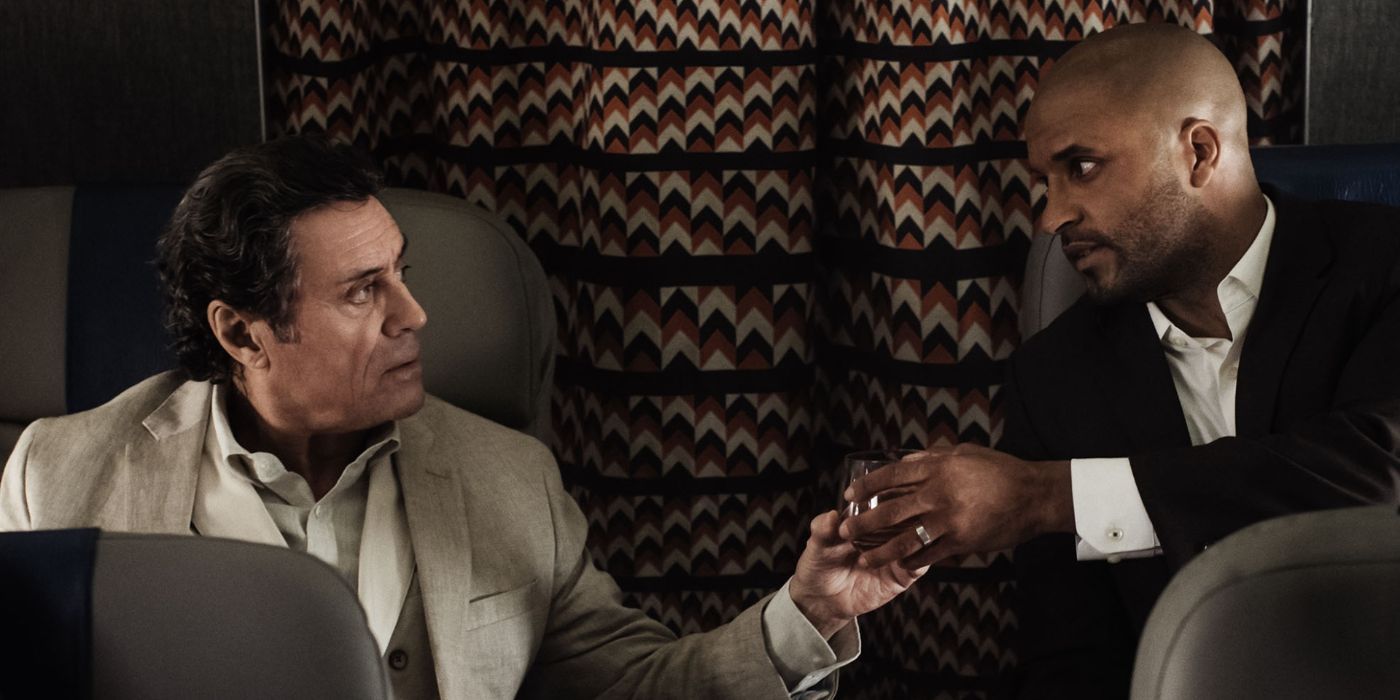
Adapted from the novel by Neil Gaiman, the Starz fantasy drama American Gods delighted fans with its impressive visual style, expansive narrative and talented cast, where each element introduced in the first season promised a sweeping tale of Old vs. New Gods in an epic battle that also displayed well-executed character drama. However, with changing showrunners and a botched delivery of the source material, the series quickly dropped in quality and never regained its original dramatic weight.
With Neil Gaiman’s book being praised for fostering many intricately written characters, a distinct tone and properly pacing the narrative toward a great conclusion, American Gods also displayed these facets from the get-go and tried to do something new as well, but ultimately lost the core elements in what made the novel great with each new season. The trappings of style over substance also heavily affected the show and diminished the story by going for spectacle instead of concise storytelling.
3Riverdale Quickly Turned Outlandish and Frustratingly Complicated
A Teen Soap That Fumbled Its Source Material
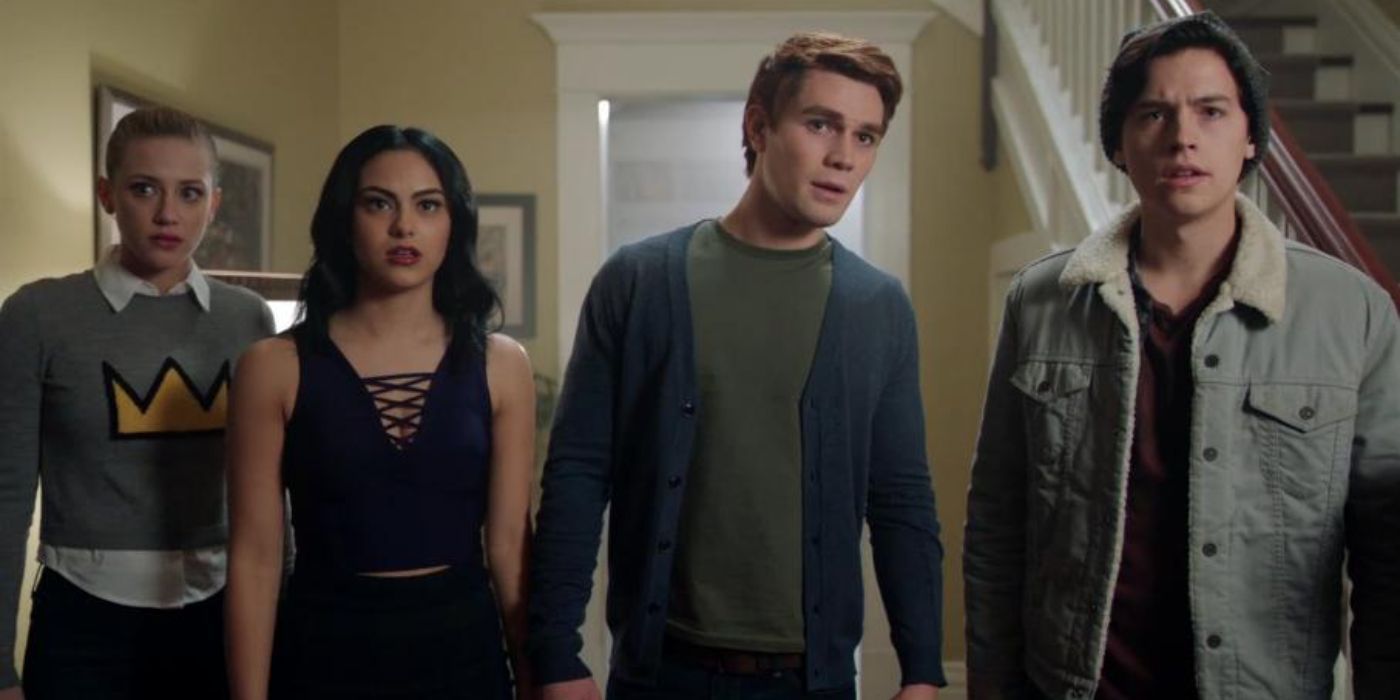
Among the show’s six seasons, Riverdale has gone through a variety of storytelling tropes and over time turned the original premise into a convoluted series of events that didn’t add anything to the overall plot, nor did these facets help define the characters at hand. Furthermore, the show’s ridiculous storylines made its audience turn on the program, where viewers watched to criticize the series for its campy nature and lackluster direction.
2Prison Break Should’ve Been a Concise Narrative
The Ball Dropped When the Story Was Over
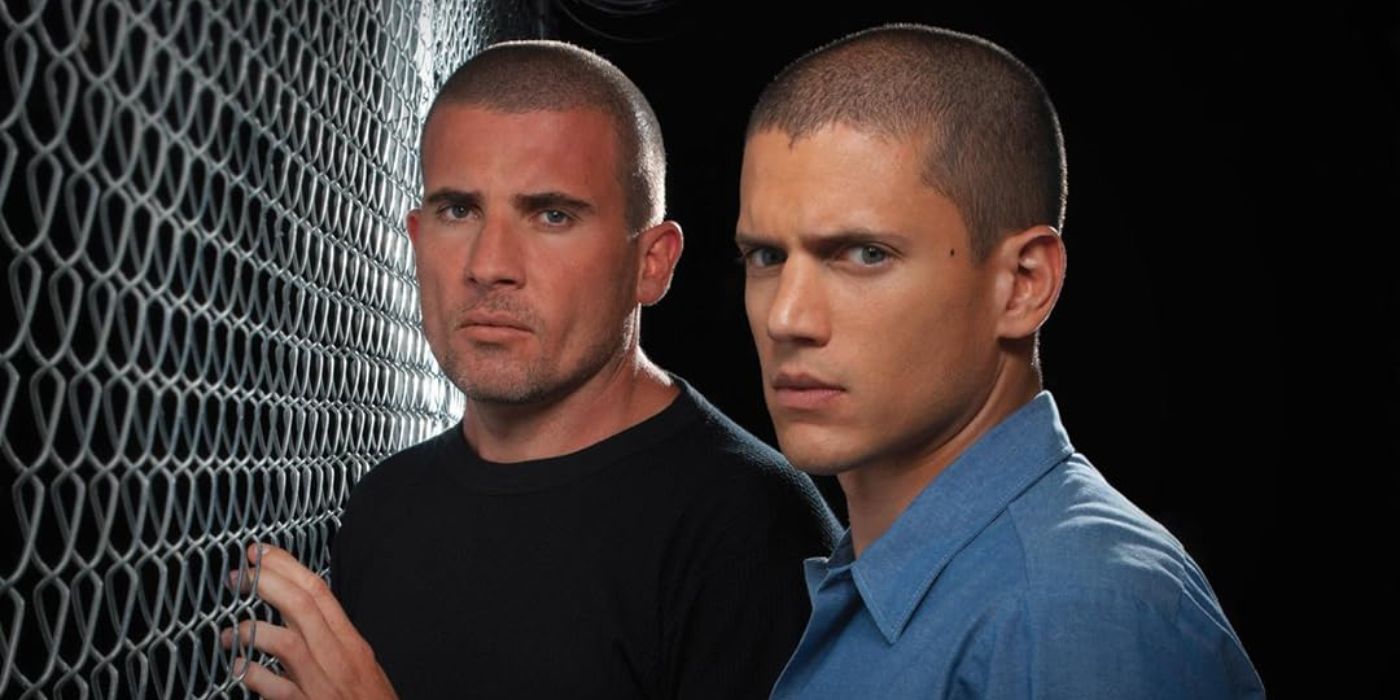
Largely hinging on its simple but effective premise, Fox’s crime drama series Prison Break hooked audiences with its first season due to a great ensemble cast led by Dominic Purcell & Wentworth Miller, along with tight scriptwriting that built an engaging narrative throughout. The show’s first season efficiently told the story of the Scofield Brothers trying to escape from prison and connected with fans leading up to the season finale; although, it is at this point where the show goes off the rails.
Michael Scofield is a desperate man in a desperate situation. His brother, Lincoln Burrows, was convicted of a crime he didn’t commit and put on Death Row. Michael holds up a bank to get
1Heroes Had Nowhere Else to Go With Its Story
Comic Style Narratives Don’t Especially Hold Strong
